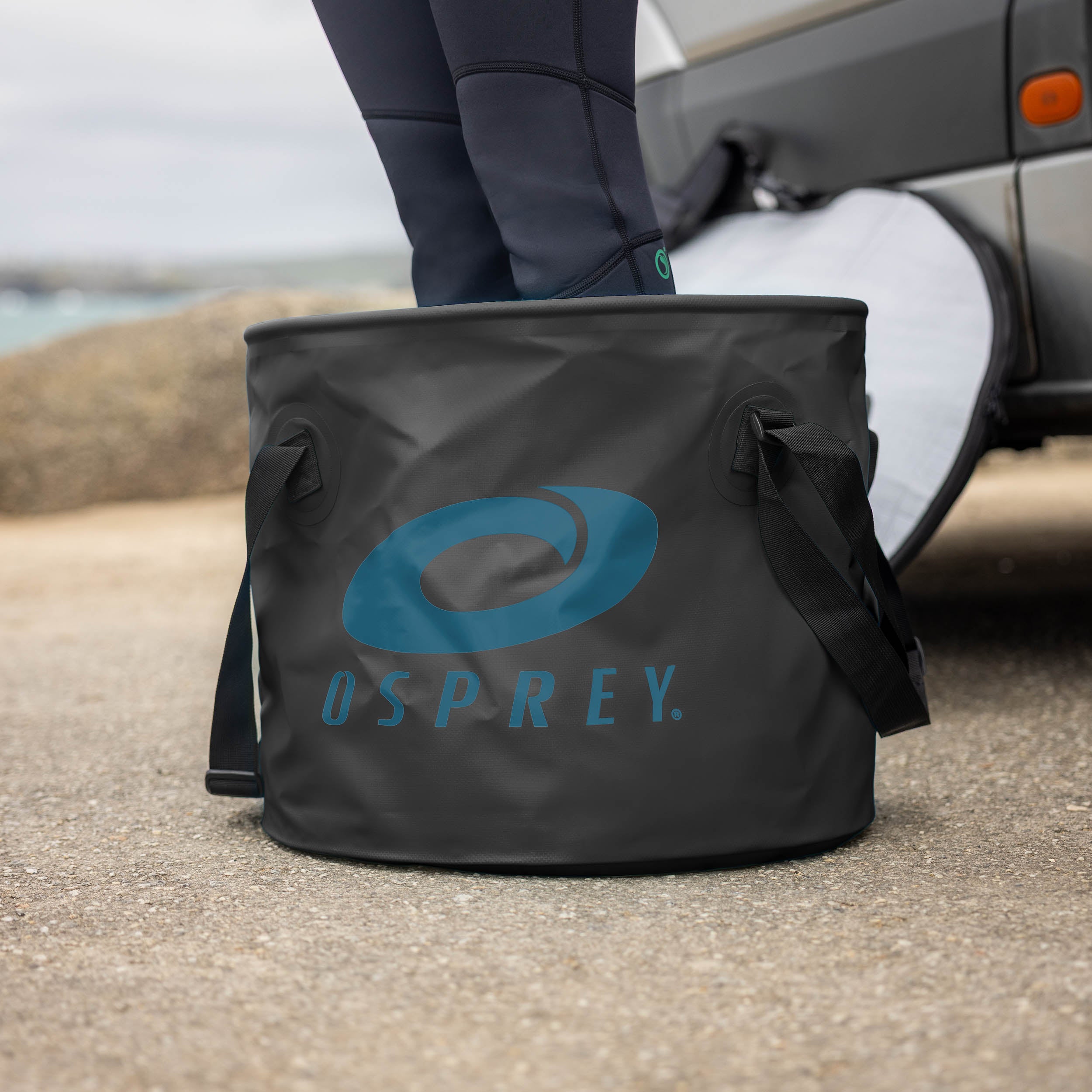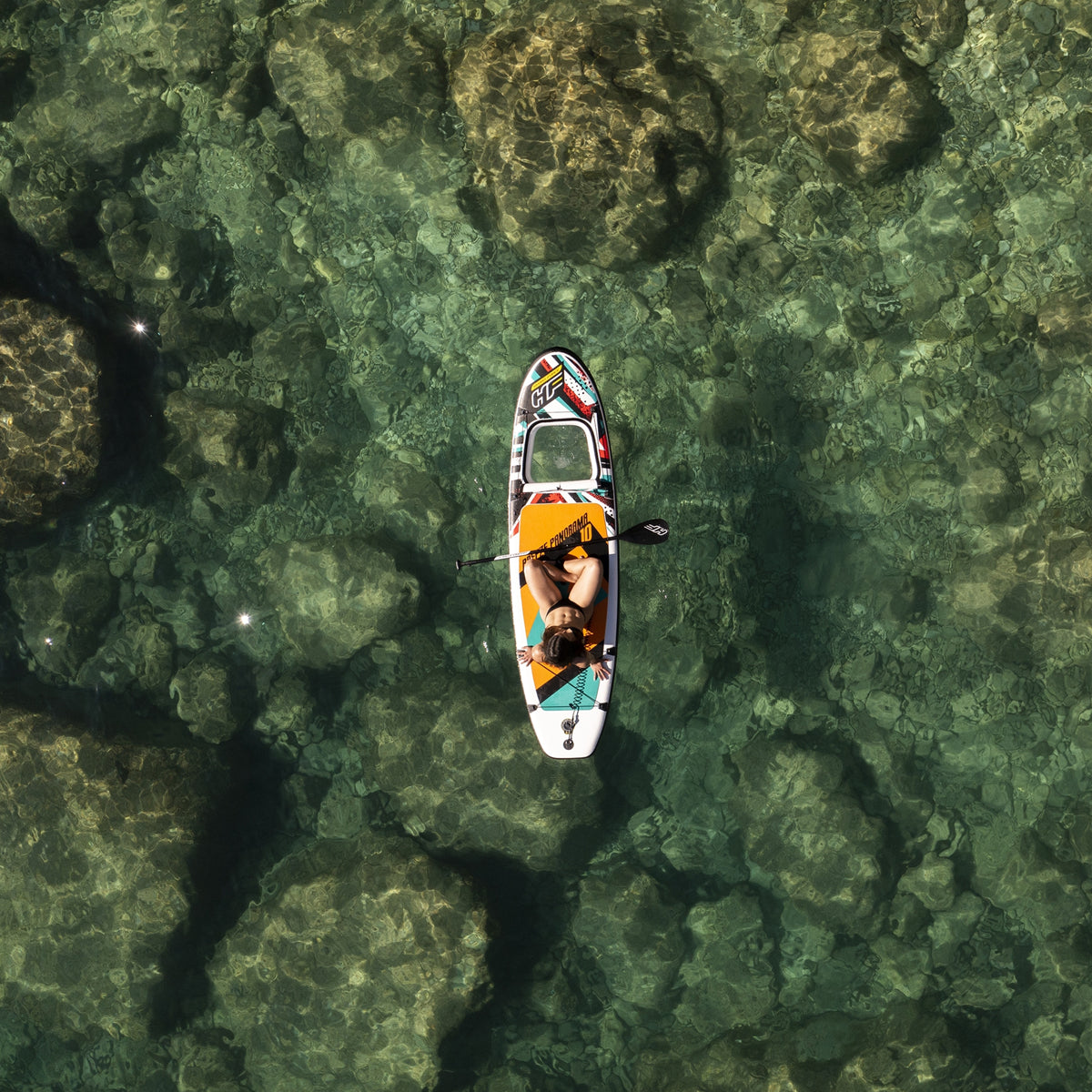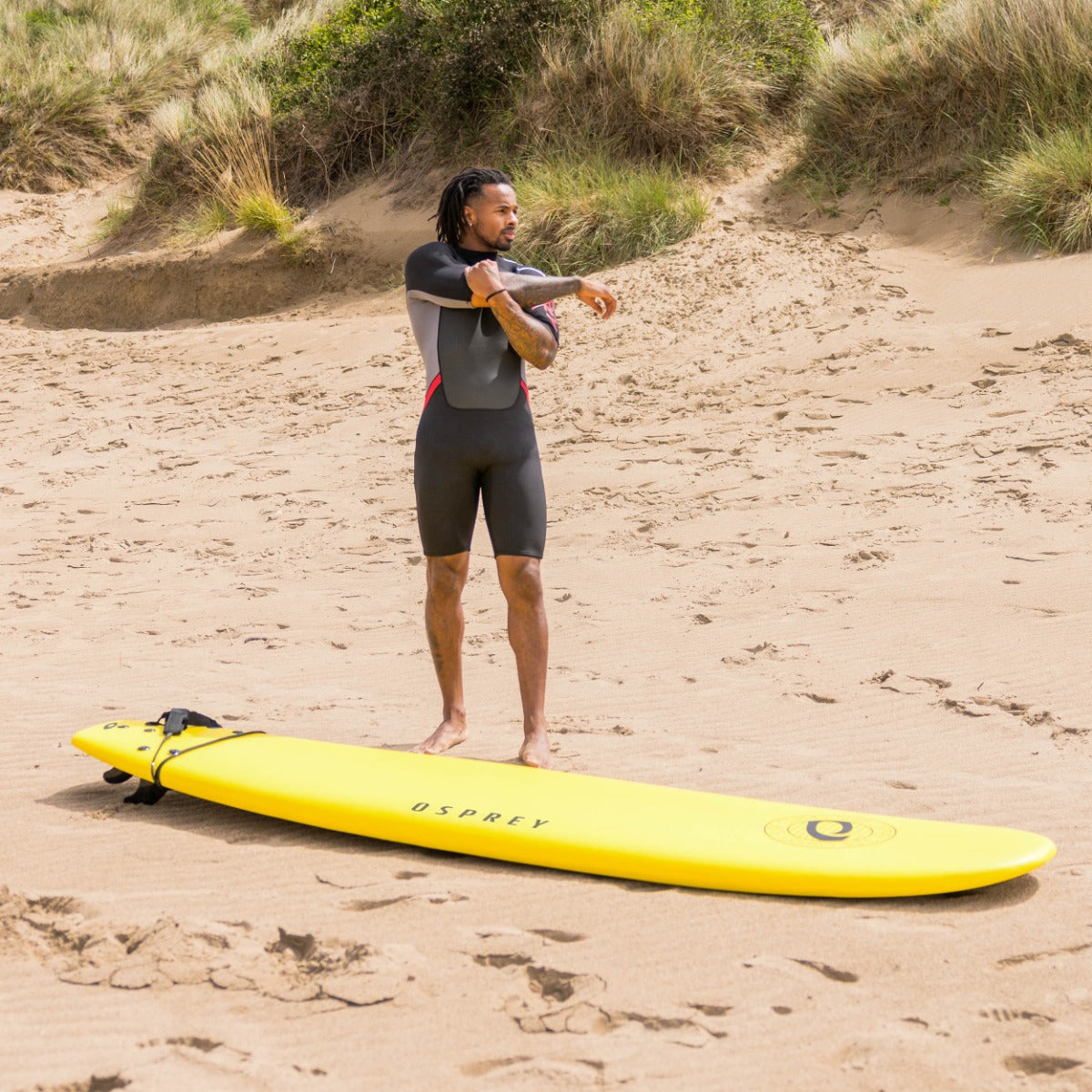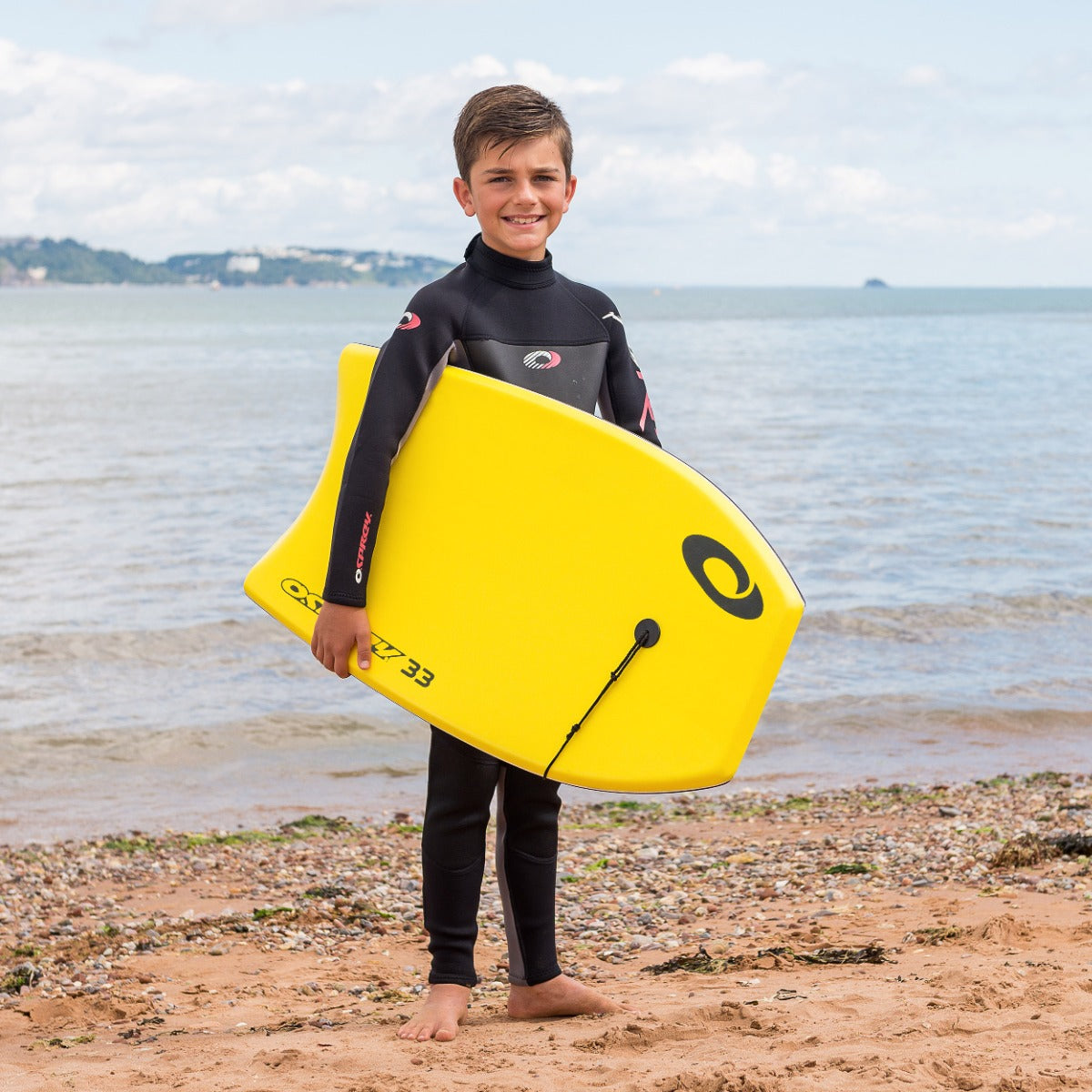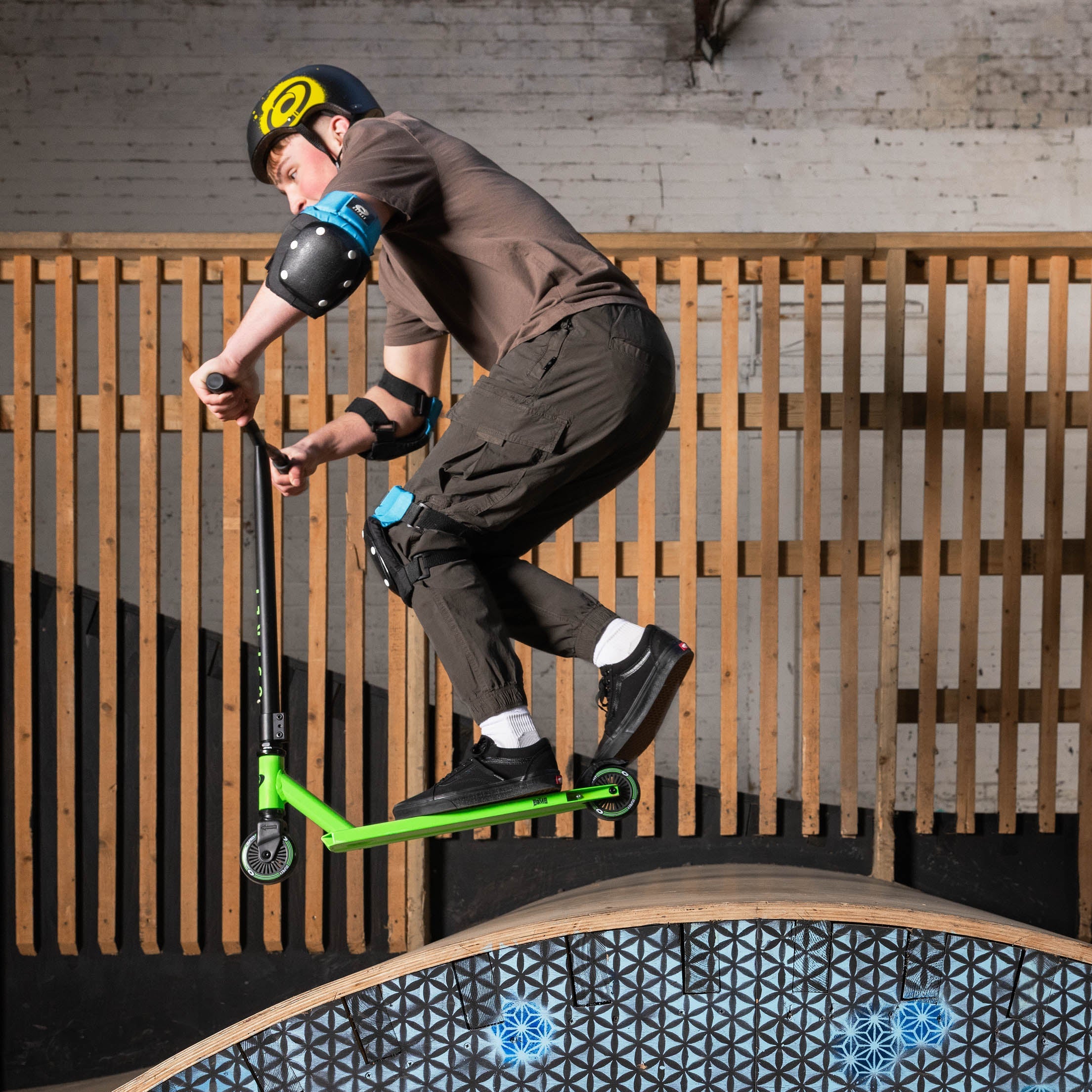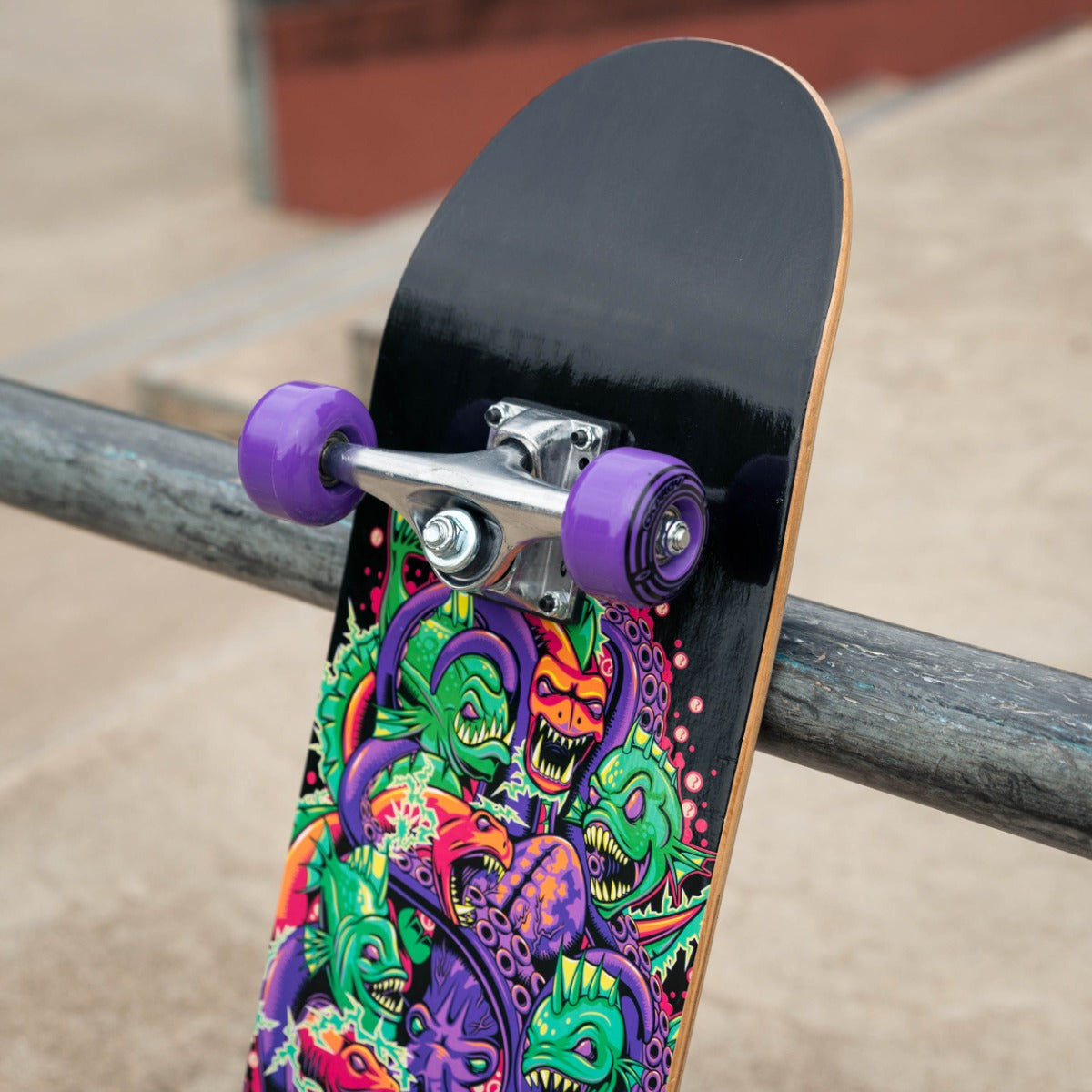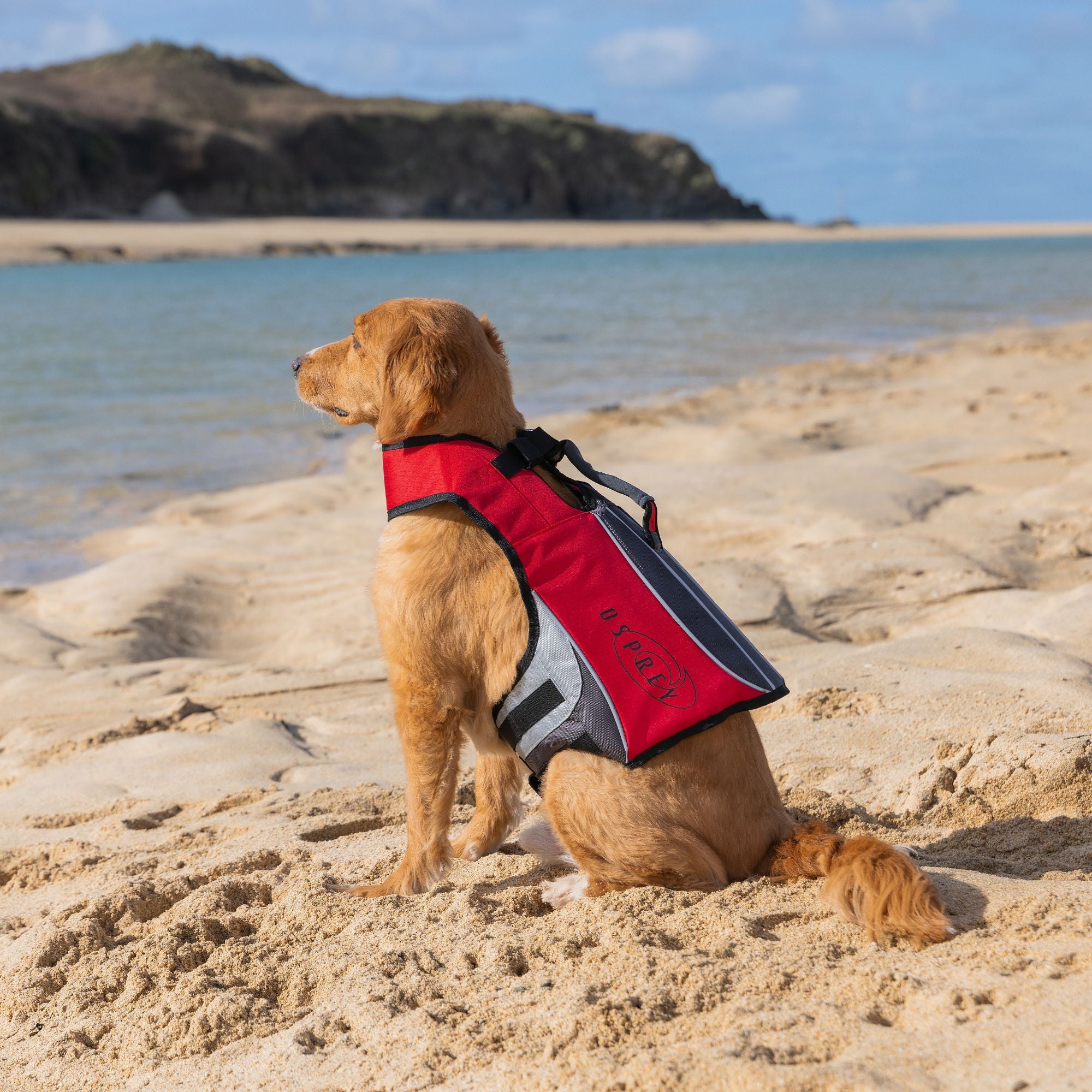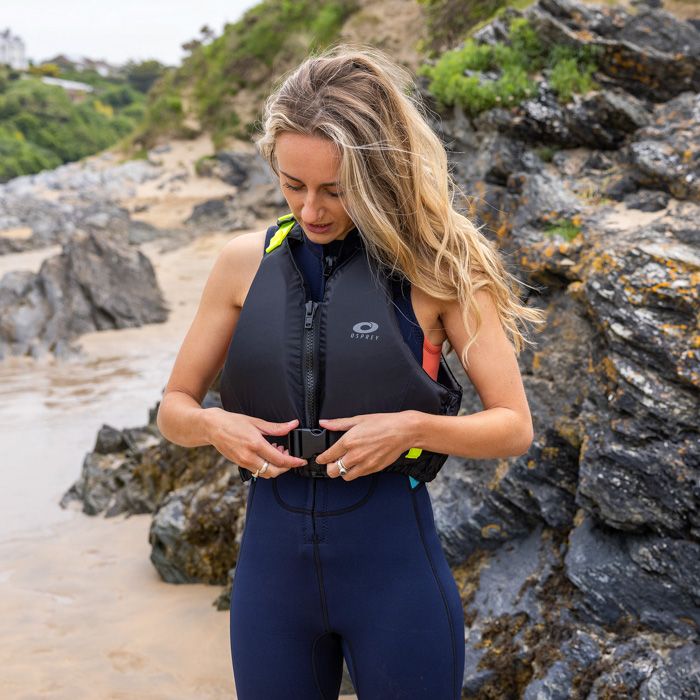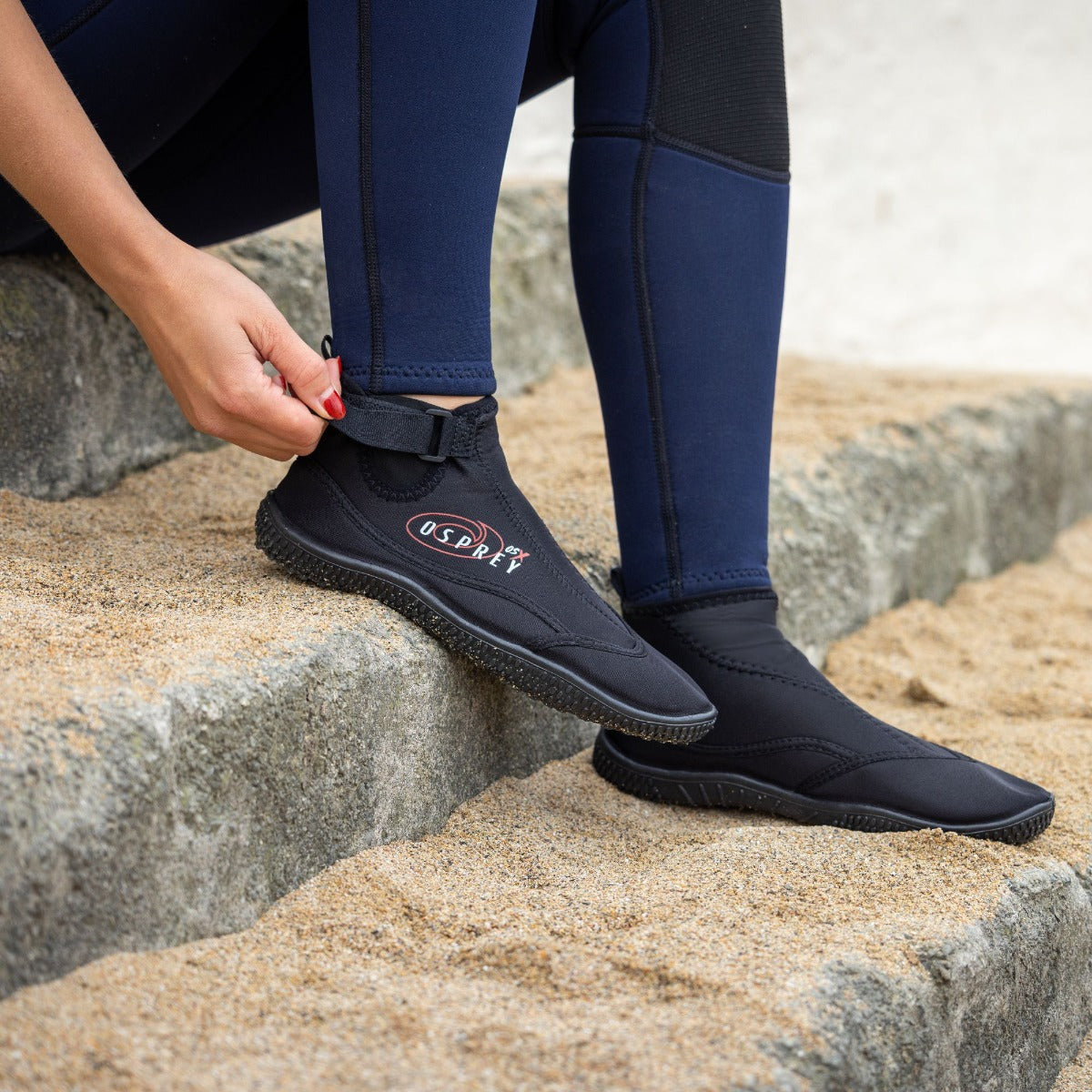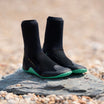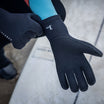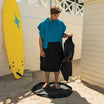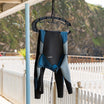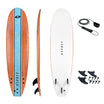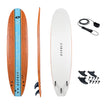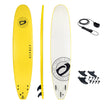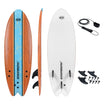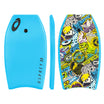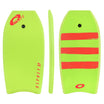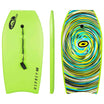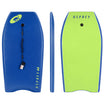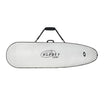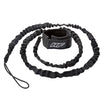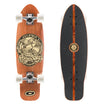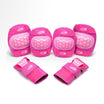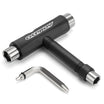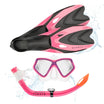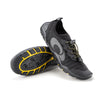Wetsuit Recycling
Wetsuit Recycling
Neoprene Recycling: How It Works & Where to Recycle Wetsuits
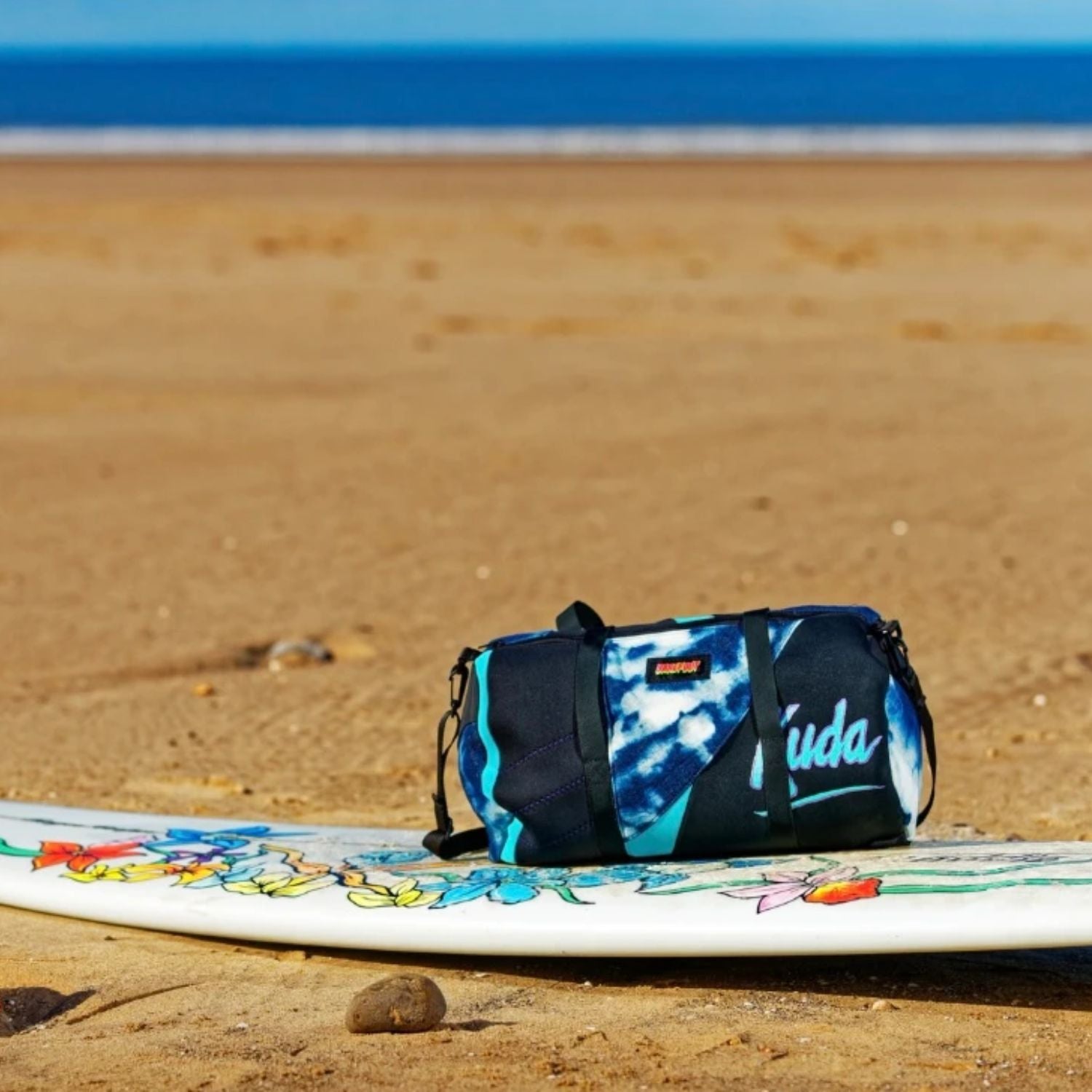
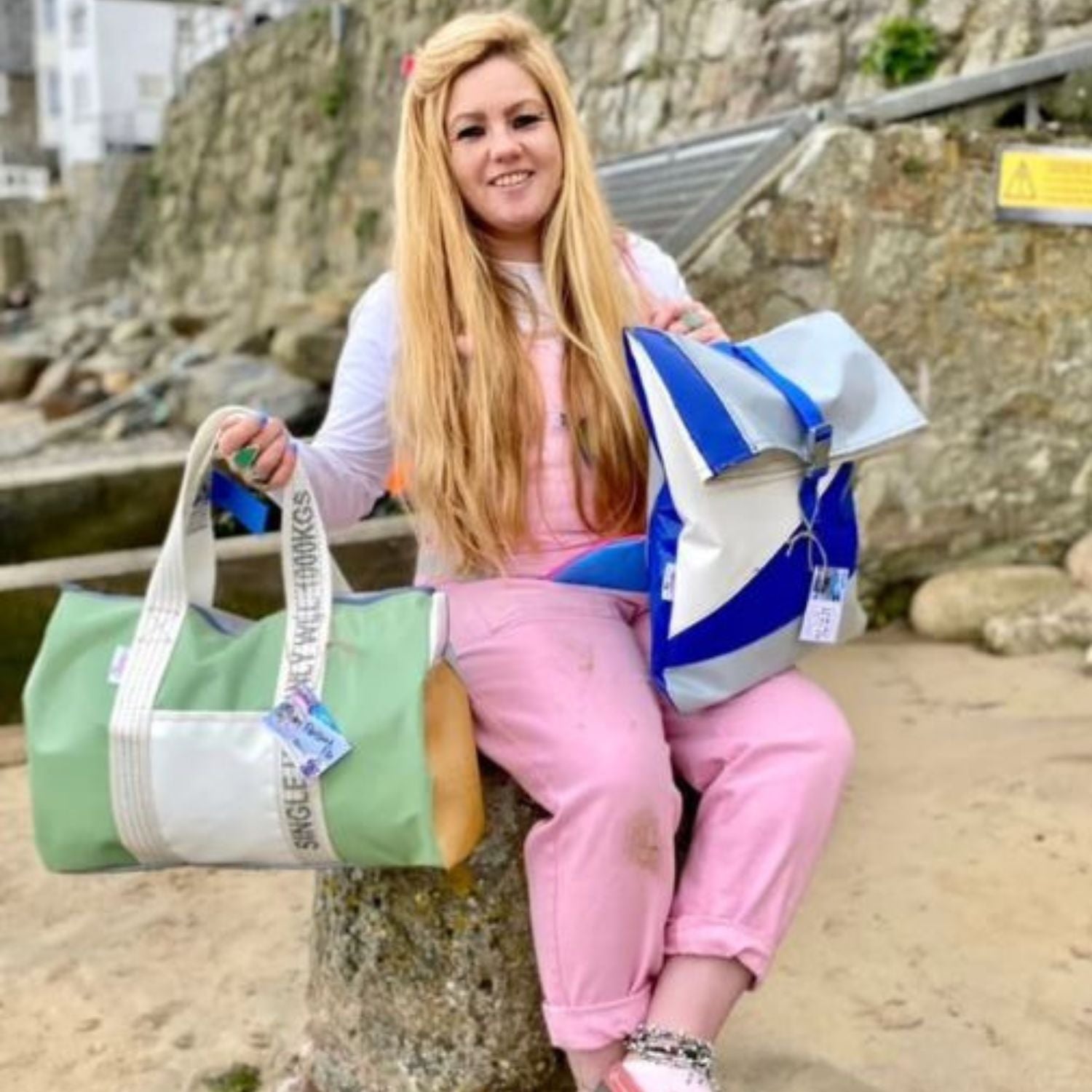
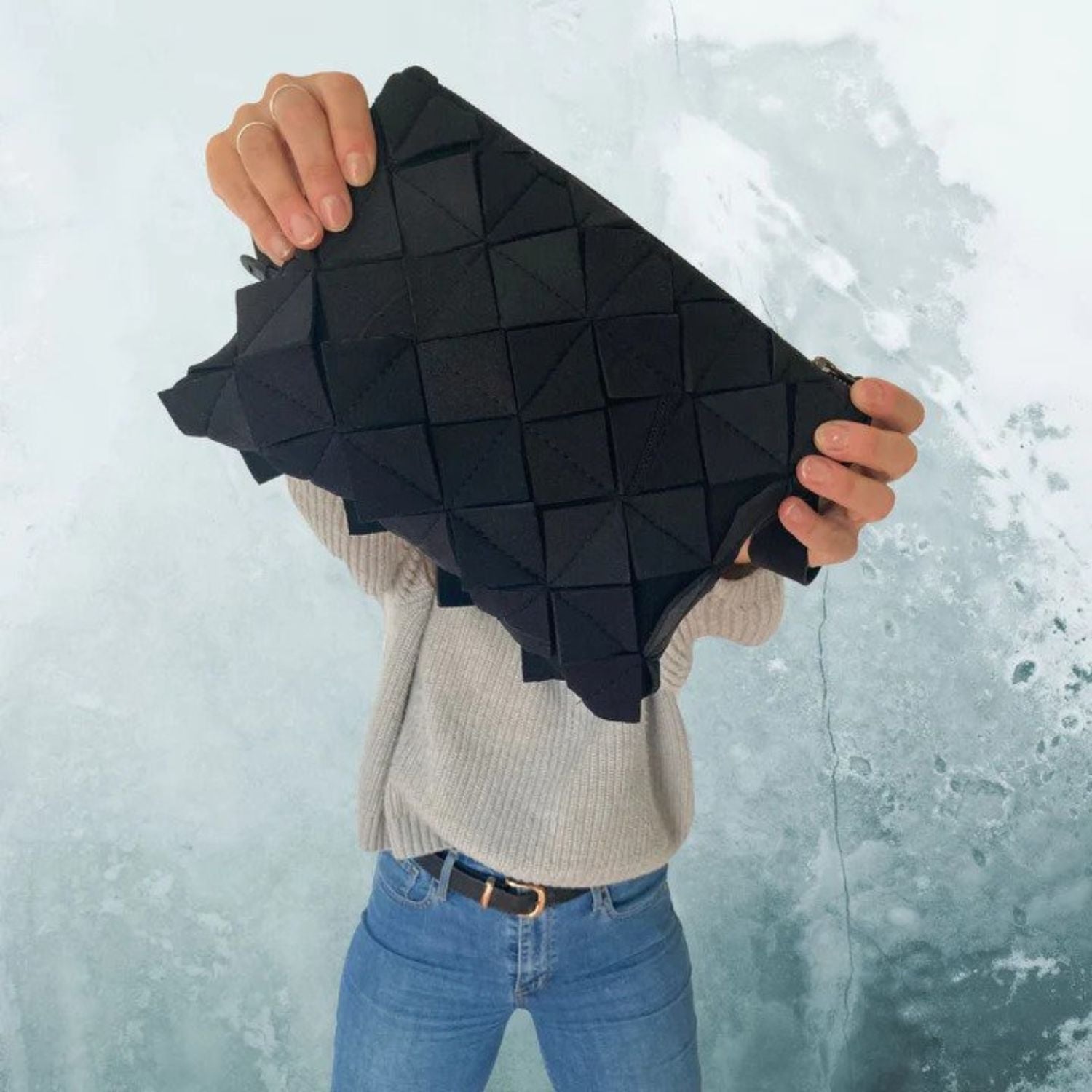
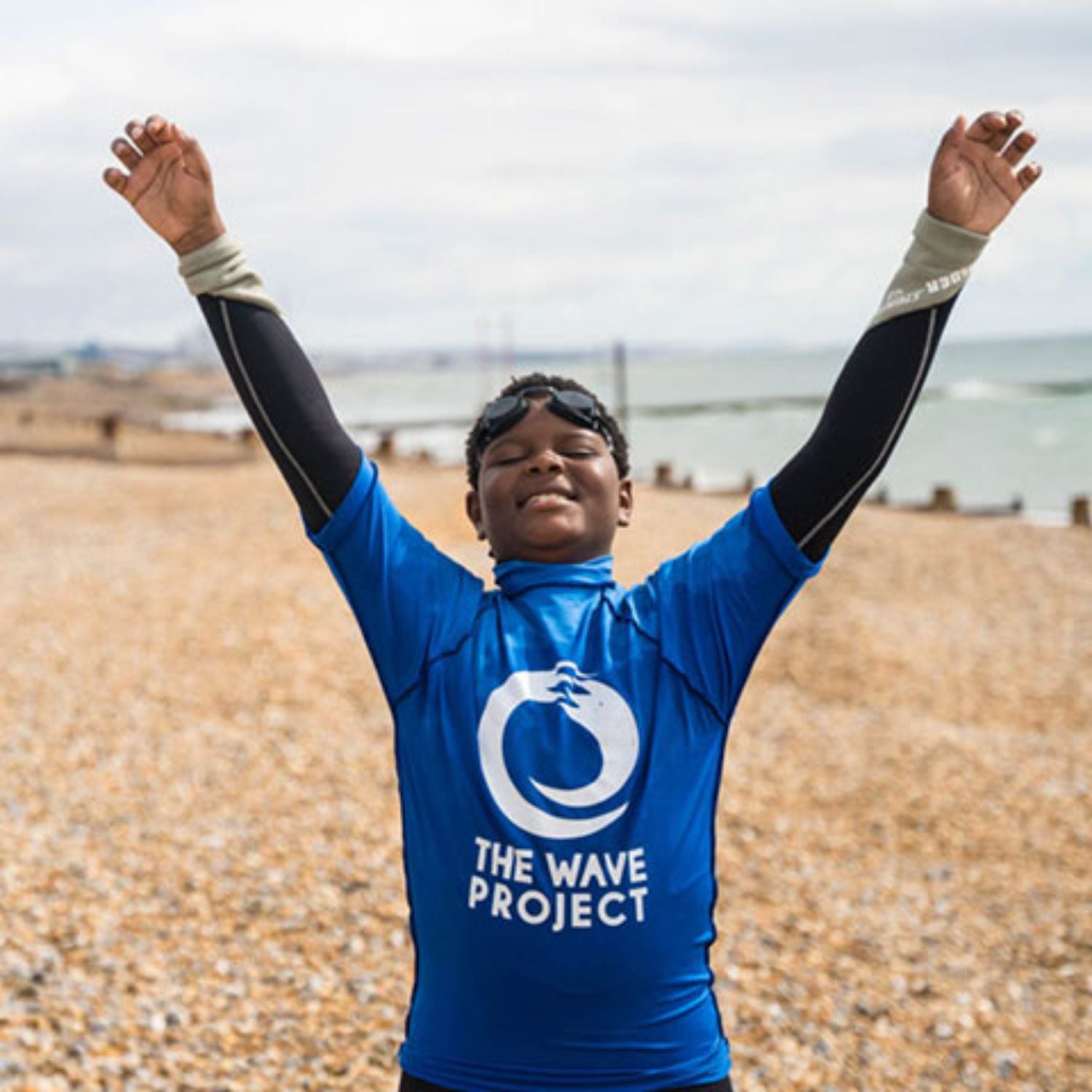
Got a wetsuit you’re not longer using but is still in good nick? Take a look at donating it to The Wave Project.
The Wave Project is a Mental Health charity supporting children and young people across the UK, who experience a range of physical and mental health issues, social deprivation, or social isolation. Through courses such as surf Therapy, Adaptive surfing and Beach School, young people are supported with building confidence and self-esteem, developing resilience, and making new friendships.
The Wave Project accepts donations of used wetsuits which can be sold on in their shop for an affordable amount to be reused by new surfers and families who would like to access the benefits of getting in the water.
Visit The Wave ProjectOriginated from a passion of the sea and eco-conscious values, Mindful Manta creates practical pouches, purses and bags perfect for everyday use. Based in Brighton and created by Paula, a Textile Design graduate with a passion for recycling and textile design, Mindful Manta aims to reduce the impact on our environment by saving durable material such as neoprene from landfill. Used wetsuits can be sent to Mindful Manta to be transformed into and for every item sold, a tree is planted. Unusable neoprene is transformed into swing tags and all packaging is plastic-free, biodegradable, and recyclable.
When recycling your wetsuit with Mindful Manta, you also receive 20% off any Mindful Manta product!
Check our Mindful Manta and donate your wetsuit here.
Visit Mindful MantaFounded by Kate in 2021, Flotsam Flo is truly unique! Taking damaged waste items that can’t be easily recycled such as wetsuits, pool floats, life jackets and more, Kate creates fun and fashionable items such as backpacks, holdalls, keyrings and lunch bags saving the items from ending up in landfill.
All items are handmade in Cornwall making each item unique and are all sent in reused packaging, sourced from local businesses promoting a circular flow initiative. In 2022, Flotsam Flo received a judges’ commendation award for Circular Economy at the Cornwall Sustainability Awards.
You can find 14 Flotsam Flo branded Biffa Bins located at holiday parks and organisations around Cornwall. Simply dispose of your wetsuit here and it will be collected and repurposed into new products.
You can find all of Flotsam Flo's current bin locations here.
Visit Flotsam FloRecycled accessories for the BOLD Individual!
Barefoot.Tech was started by Ffion in 2020, a fashion product designer based in South Wales. Born out of Ffion’s love for water skiing during lockdown, Barefoot.Tech takes a mixture of recycled wetsuits and lifejackets and recycles them into fashionable pieces such as wash bags, bucket hats and backpacks, saving them from being sent to landfill.
As a newly ethical brand, Barefoot.Tech uses a zero-waste approach and along with eco-friendly packaging, all other fabrics are recycled from deadstock or are second-hand making each handmade item truly unique.
Want to donate your wetsuit to Barefoot.Tech? Get in touch below.
Visit Barefoot.TechWetsuit Recycling FAQs
To help you navigate the process, we’ve compiled this FAQ, covering everything from the basic information about neoprene fabric to the impact of your process of repairs and recycling. Whether you're upgrading your kit or just looking to make sustainable choices, we're here to guide you every step of the way.
What is neoprene?
Neoprene is a synthetic rubber material known for its exceptional versatility and wide range of applications. It was first developed by DuPont scientists in the 1930s and is made by polymerizing chloroprene, a derivative of petroleum. Neoprene exhibits various properties that make it popular in several industries, particularly as a valuable material in manufacturing and consumer products.
What can I do with old wetsuits?
If you're on the lookout for a new suit but not quite sure how to dispose of your old one, there are multiple options that avoid your suit making its way to landfill:
1. Donate or Give Away: If your wetsuit is still in good condition, consider donating it to a friend, family member, local charity, or water sports organisation that could put it to good use.
2. Repurpose or Upcycle: Get creative and repurpose your old wetsuit for DIY projects. You can make accessories like pouches, laptop sleeves, or insulated bottle holders. Alternatively, you can send your old suit off to one of the small businesses above who will turn it into something fantastic!
3. Recycle: Look for recycling facilities or companies that accept neoprene or wetsuits for recycling to minimise waste and support eco-friendly practices.
Can you recycle wetsuits?
Yes, old wetsuits can be recycled, and doing so is an environmentally responsible approach to handling these materials. While neoprene, the primary material used in wetsuits, is not biodegradable, recycling allows for the extraction of useful components and reduces the overall waste burden on the environment. Here are some ways wetsuits can be recycled:
1. Upcycling: Instead of traditional recycling, some organisations or individuals upcycle old wetsuits. Upcycling involves transforming the wetsuit material into new products or accessories, such as laptop sleeves, phone cases, yoga mats, or bags. This creative approach gives the wetsuit material a new life, reducing the need for new raw materials.
2. Recycled Neoprene: Several companies and facilities specialise in recycling neoprene specifically. They collect old wetsuits, break them down, and convert the neoprene into new products, like neoprene sheets for manufacturing other items.
3. Donations or Resale: If your old wetsuit is still in decent condition, consider donating or reselling it. Some non-profit organisations or programs may accept used wetsuits to provide affordable gear to those who need it or for various educational purposes.
4. Local Recycling Facilities: Check with your local recycling facilities to see if they accept neoprene or wetsuits for recycling. Some recycling centers have the capability to process these materials, while others may have partnerships with companies that handle neoprene recycling.
Where can I recycle wetsuits?
There are several options available when it comes to recycling wetsuits. If your wetsuit is damaged and unrepairable, consider sending it off to one of the UK based initiatives mentioned above so that it can be repurposed into something new. If it's still in a useable condition but you're just looking to replace it, consider contacting organisations such as The Wave Projects or surf shops that accept donations that can be sold on and reused.
Regardless of what you choose to do with your old wetsuit, it's essential to consider ways to extend its life or give it a new purpose to minimise waste and contribute to sustainability.
Can I repair a wetsuit?
Yes, you can repair a wetsuit, and doing so can extend its life and save you money on buying a new one. Wetsuits are made from neoprene, a flexible and durable material, which allows for relatively straightforward repairs. Our Neoprene Wetsuit Glue is designed to effectively seal or repair small tears in your wetsuit, it's ideal for helping prolong the service life of a wetsuit should any unexpected tears occur.
Our Sustainability Journey
Alongside our wetsuit recycling initiative we're working on other ways that we can help to look after our oceans.
Interested in finding out more about our sustainability journey? Check out further details of how we're becoming a more eco-concious brand by visiting our sustainability page.





